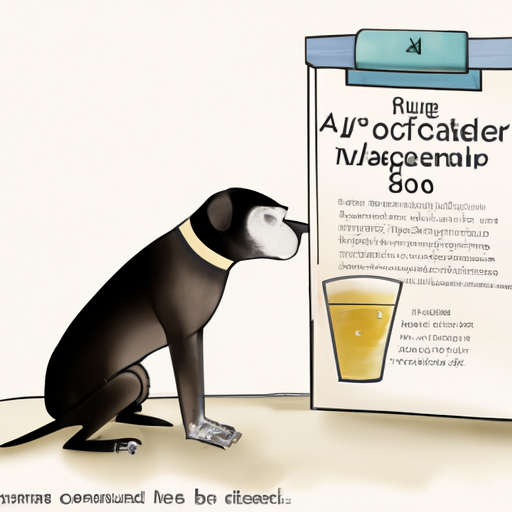Understanding Bladder Cancer in Dogs
Bladder cancer, also known as transitional cell carcinoma (TCC), is a common type of cancer in dogs. As a caregiver, you might notice changes in your dog’s behavior, such as frequent urination or blood in the urine. At this stage, it’s crucial to seek immediate veterinary attention. Your vet will perform several tests to diagnose the condition, including urinalysis, ultrasound, and biopsy. Early detection is key to managing bladder cancer and ensuring the best quality of life for your pet.
The Progression of Bladder Cancer
As bladder cancer progresses, your dog may experience discomfort or even pain. This is due to the tumor growing and potentially blocking the urinary tract. You might notice:
- Increased difficulty in urination
- Loss of appetite
- Lethargy
While treatments like chemotherapy can slow the progression of the disease, bladder cancer is often aggressive and may eventually lead to a significant decline in your dog’s quality of life.
When to Consider Euthanasia
The decision to euthanize is one of the most challenging decisions you’ll ever have to make as a caregiver. However, there comes a point when your dog’s discomfort may outweigh the potential benefits of treatment. The following signs may indicate that it’s time to consider euthanasia:
- Severe pain that can’t be managed with medication
- Inability to urinate due to a blocked urinary tract
- A significant decline in quality of life, such as loss of interest in favorite activities or constant fatigue
Remember, you’re not alone in making this decision. Your vet is a valuable resource and can guide you through this difficult time.
Coping with the Decision
Euthanasia is never an easy choice, but sometimes it’s the kindest one you can make for your pet. It’s natural to feel a range of emotions, from guilt to relief, and it’s important to give yourself permission to grieve. Reach out to support groups, talk to friends and family, or consider professional counseling. You’re not alone in your grief, and there are resources available to help you cope.
FAQ’s
Q: What is bladder cancer in dogs?
A: Bladder cancer, also known as transitional cell carcinoma, is a type of cancer that affects the bladder. It’s one of the most common types of cancer in dogs.
Q: How is bladder cancer in dogs diagnosed?
A: Diagnosis usually involves a combination of urinalysis, ultrasound, and biopsy.
Q: When should I consider euthanasia for my dog with bladder cancer?
A: Euthanasia should be considered when your dog’s quality of life is significantly compromised, and pain cannot be adequately managed with medication.
Q: How can I cope with the decision to euthanize my dog?
A: Reach out to support groups, friends and family, or consider professional counseling. It’s important to give yourself permission to grieve and remember that you’re not alone in your grief.
Remember, as a caregiver, your role is to ensure the best quality of life for your pet. While bladder cancer is a challenging diagnosis, with the right support and resources, you can navigate this difficult journey.



